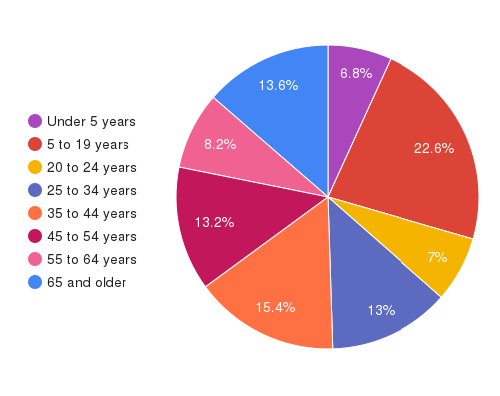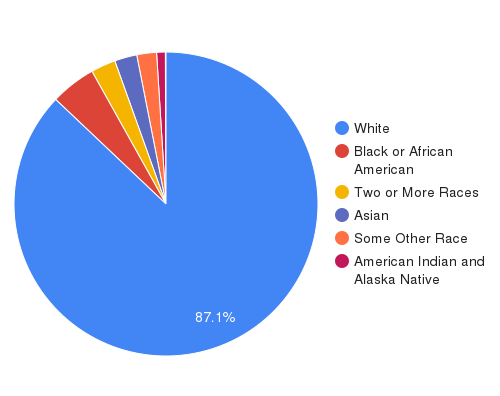Nebraska is known for its gently rolling hills that support an agrarian economy, making it a major food producer in the United States. The state is home to just under 2 million people. You can find someone in Nebraska by their phone numbers on the Nebraska white pages. This online phonebook also allows you to see a person’s public records, including arrest records, criminal records, court records, and property records. Access to this information can help you reconnect with a lost friend and avoid phone scams.
Nebraska At A Glance

- Became A US State — March 1, 1867 (37th state)
- Capital: Lincoln
- Population: 1.9 million (2021)
- Size: 77,349 square miles
- Nicknames: Cornhusker State
- Motto: Equality Before the Law
- State Tree: Cottonwood
- State Flower: Goldenrod
- State Bird: Western Meadowlark
10 Quick Facts About Nebraska

- Nebraska is the only triply landlocked state in the United States — you must go through three states to see an ocean, gulf, or a bay from Nebraska.
- Kool-Aid was developed by Edwin Perkins in Hastings, Nebraska, 1927 — the juice drink became the state’s official soft drink in 1998.
- Nebraska operates a unicameral, non-partisan legislature — the legislature consists of one chamber, and members are elected without direct affiliations with a political party.
- Over 91% of land in Nebraska is used as farmland, the most for any US state. Agriculture employs at least 1 in 4 people in the state.
- The Ogalala aquifer is the largest aquifer in the United States — two-thirds of the water supply comes from Nebraska.
- The largest exhibited mammoth skeleton in Nebraska, named Archie, was found on a farm in Lincoln County in 1922. The fossil is on display at the University of Nebraska State Museum.
- The largest man-made forest in the world, the Halsey National Forrest, is in Thedford, Nebraska. Thirty-five thousand acres of trees were hand-planted here.
- Nebraska has the largest underwater reserve in the United States.
- The 911 system was developed in Lincoln, Nebraska.
- The smallest city hall in the US is in Maskell, Nebraska. It measures 10ft by 12ft and resembles a large shed, just large enough to seat Maskell’s four board members, the city clerk, and the board chairman.